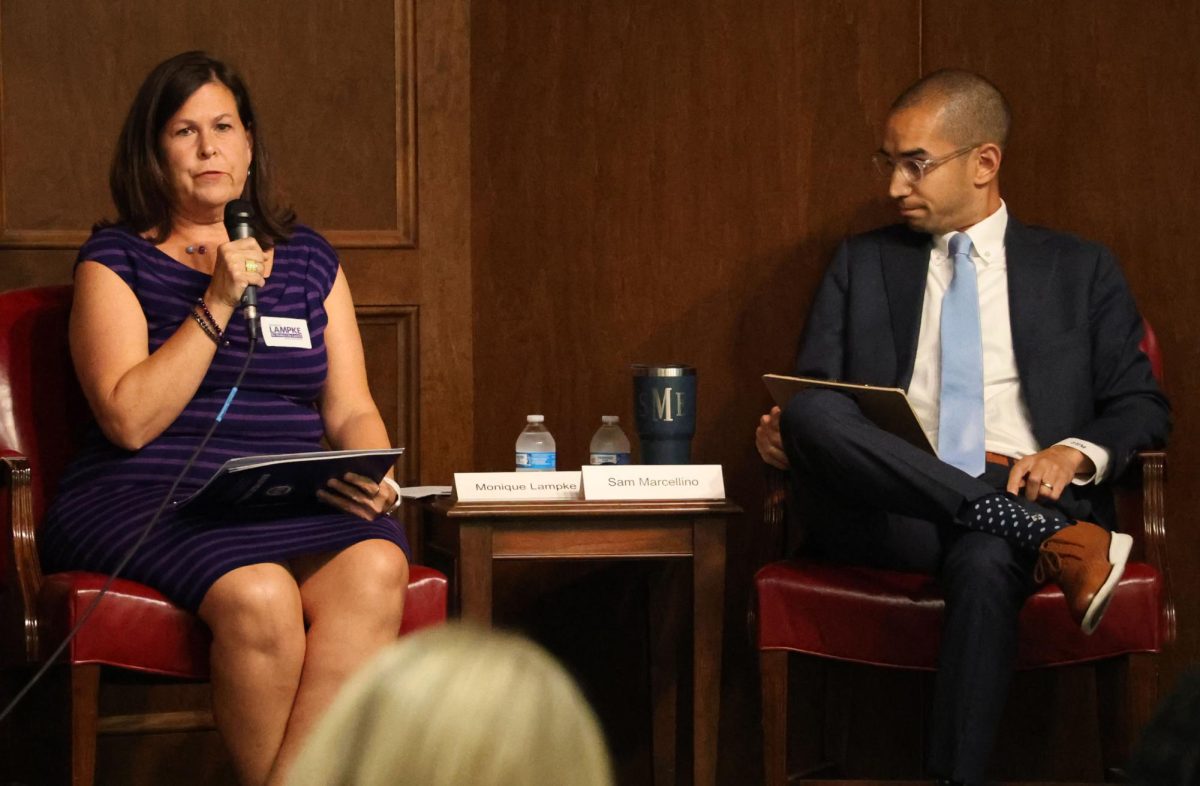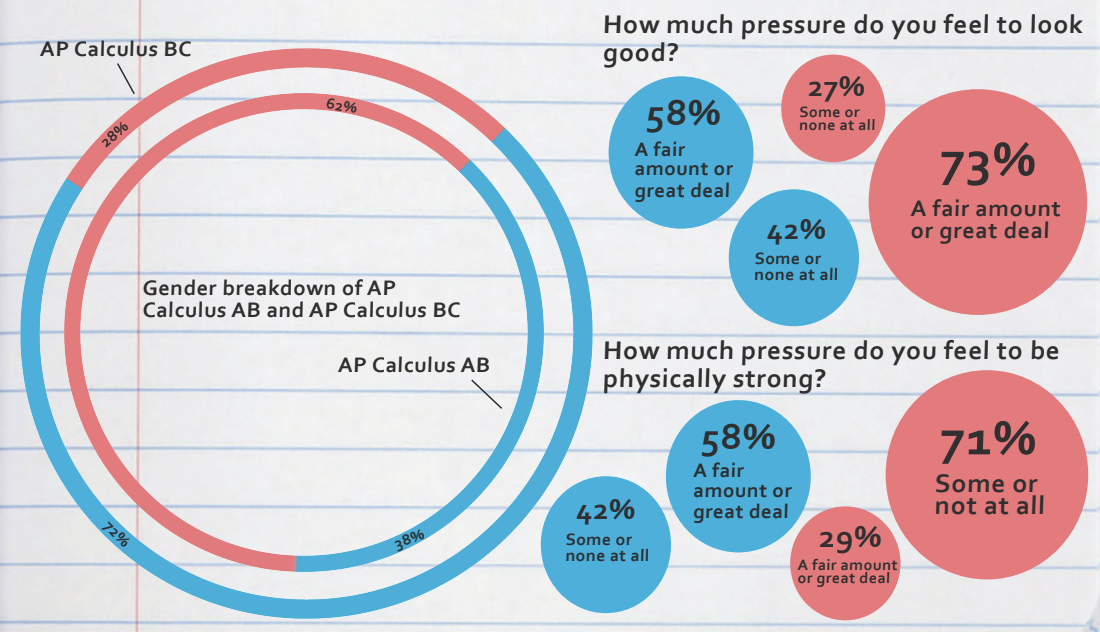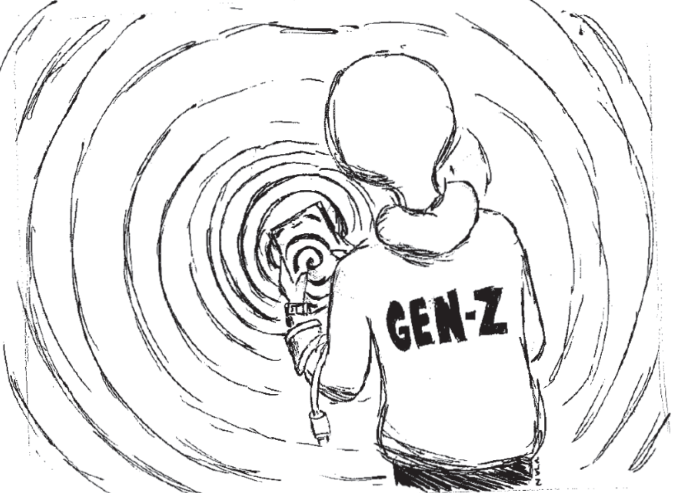All generations face different challenges, but for Generation Z, advancements in technology have created particularly detrimental effects. Phones in general, more specifically social media, create a much wider range of problems for members of Generation Z than any other generations thus far.
While the other generations that grew up without cell phones were able to remember a time when people could have face-to-face conversations, almost all Gen Z members have spent many conscious hours revolving around technology. Although this has allowed Gen Z to be more informed on the Internet’s workings, it does not go without its drawbacks.
With the advancement of AI, false information and fake media is often unchecked across many platforms. According to the University of Florida, AI has exacerbated the tools used to edit images, specifically with the mass production of messages about elections and wars.
Unlike other generations, Gen Z has completely grown up with the Internet and is immersed in the “comparison culture” of social media, which can result in teens having unrealistic expectations.
According to Emory University, members of Gen Z spend more time on social media than any other generations before them, resulting in an increase in problems surrounding mental health, physical health and social development. Furthermore, a survey by the National Institutes of Health found that among teenagers who typically used social media, 48% suffered from depression and 23% from anxiety. Instead of supporting teenagers, technology has caused them to be stuck inside their own brains.
Physical health is also a problem for Gen Z because of the Internet. Social media isn’t known for promoting healthy lifestyles. In fact, there are trends that promote dangerous activities. According to CBS News, a recent trend on social media included people getting an Ozempic prescription to lose weight, even if its purpose is for Type 2 diabetes and not weight loss.
Finally, the Internet both limits in-person social interactions and poses a danger with fake online personas. Gen Z members are notorious for not living in the moment. Phones have caused many to disassociate from spending time with family and friends, which leads to poor social skills and relationships down the road. Additionally, on the Internet, people can say almost anything they want with little to no consequences. The lack of real-life conversations is ultimately dangerous for Gen Z.
Gen Z takes the hardest fall because of their time online. However, there are possible solutions. Parents, school administrators and legislators can educate students on the dangers of social media and restrict their access during school hours. If Internet users understood the safety and health risks that arise with its irresponsible use, then they might be less inclined to stay up late, doom scroll instead of going outside, or trust everything they see on social media.
Teenagers have the power to decide how technology influences their lives. Social media’s entire goal may be to keep its users on the platform, but the only people who have control over the situation are the users themselves. The simple decision to fact-check information, to not fall into the trap of doom-scrolling, to drop the phone and go outside, to go to bed and to always stay positive, are up to the users themselves. Gen Z doesn’t always have to be known as the “technology obsessed” generation; what seems to be an impossible battle can be tackled with a few simple decisions and choices daily.



























